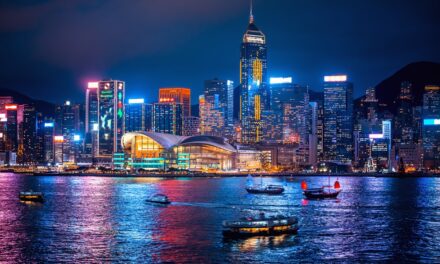
South Korea upgrades Incheon duty-free zone
South Korea says it will expand the duty-free zone at Incheon International Airport near Seoul as part of the government’s effort to turn the gateway into a logistics hub for Northeast Asia. Officials say construction on a customs-free area due for completion next year. An additional 10 million square-feet will also be designated as part of the duty-free zone “as early as in February,” a spokesman at the Ministry of Construction and Transportation said.
“We are pushing to transform the airline cargo terminal which into a duty-free zone,” said Kim Kwang-jae, director in charge of aviation policies at the ministry. “Those who invest in the air cargo terminal will be exempt from various taxes, including a 100-percent income tax break, for the next seven years.”
Companies investing over $30 million in the air cargo terminal will receive a further 50-percent cut in income taxes for the following three years, he said.
International couriers including DHL Wordwide, TNT and United Parcel Service will be encouraged to establish operations in the zone, he said.
“FedEx has already agreed to invest in the duty-free area,” Kim said, but gave no details. Memphis-based FedEx Corp. maintains its main Asian hub at Subic Bay northwest of Manila.
The semi-official Yonhap news agency reported earlier this month that DHL, the local market leader, will build a distribution center at Incheon, and that Europe’s TNT plans a freight terminal.
Under the rules governing customs-free zones, freight can be transferred, loaded, unloaded, exhibited and labeled free of duty.
Air freight through Incheon in 2002, the last complete figures available, ranked fourth in the world at 1.67 million tons. Textiles and agricultural and marine products made up most of the cargo until recently, but volume now is dominated by high value-added items such as semiconductors and cellphone handsets.












